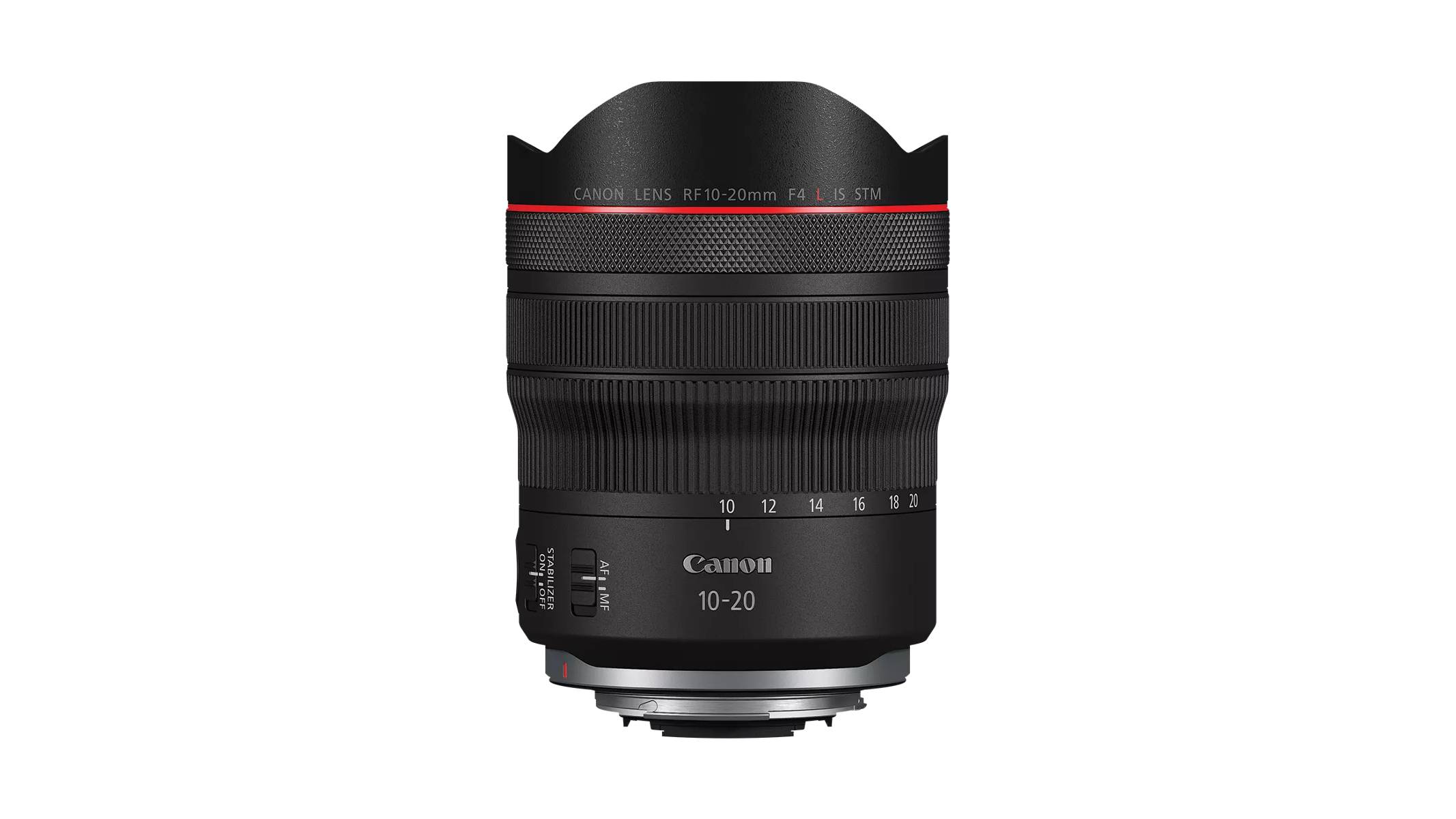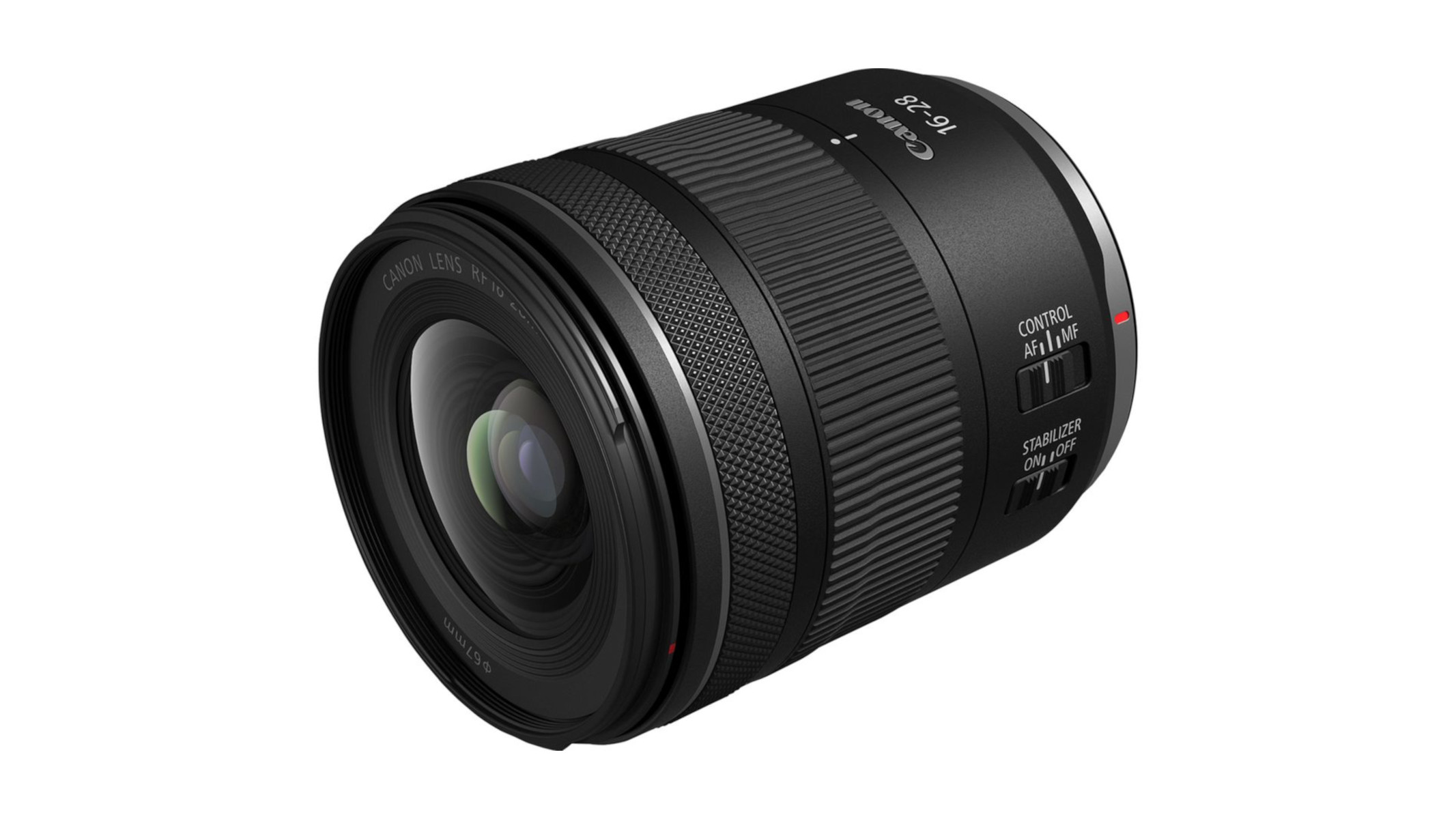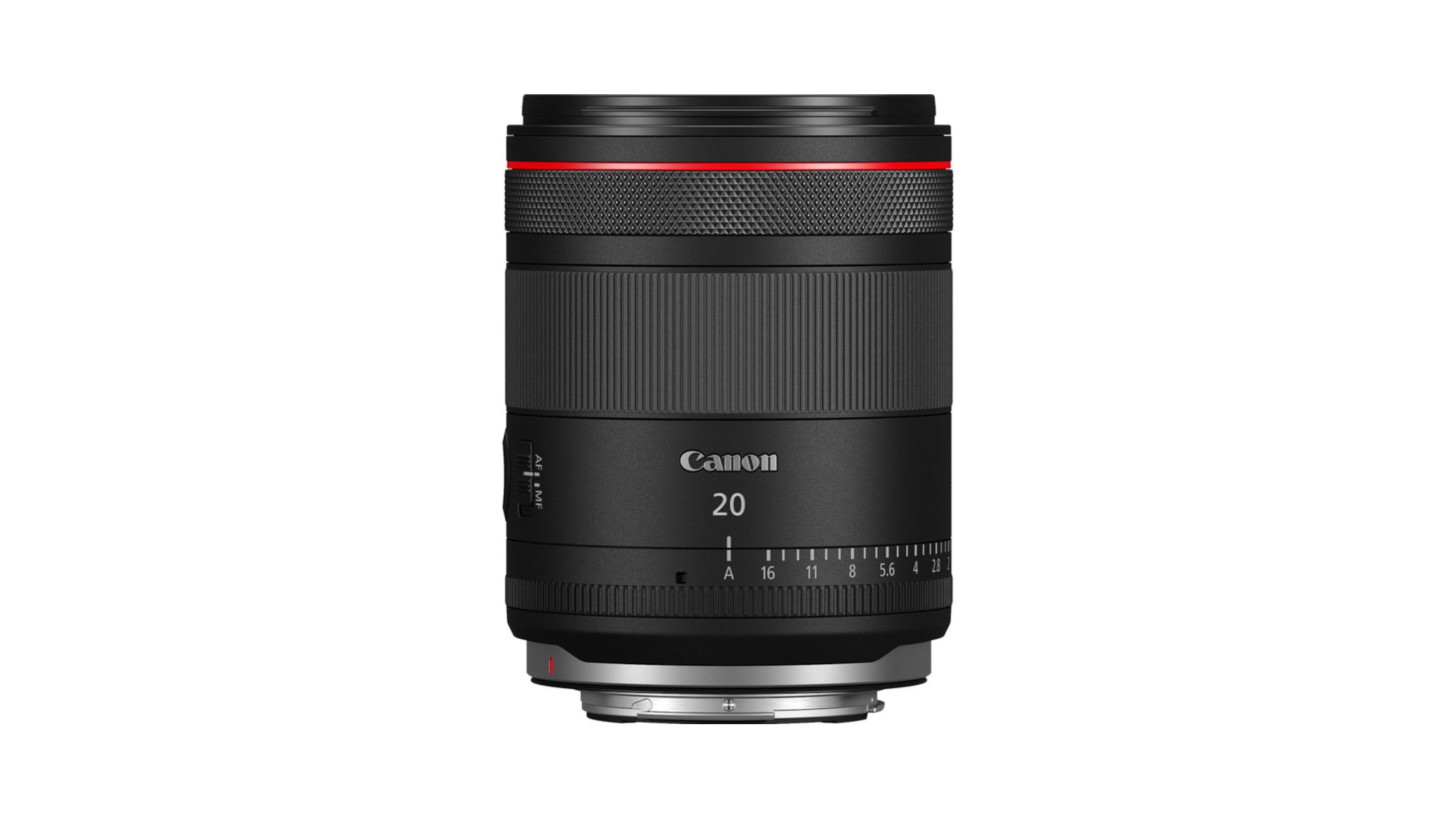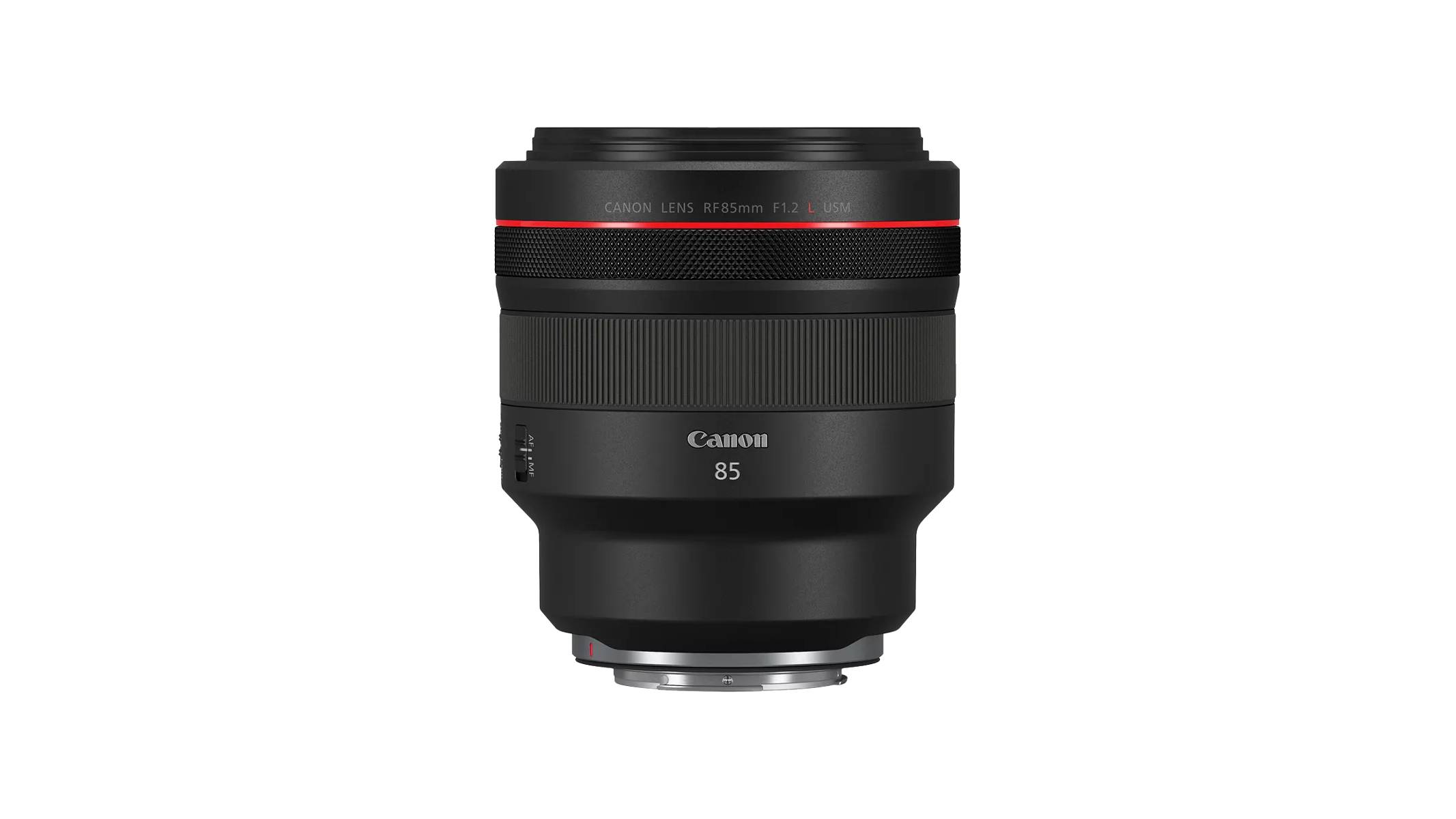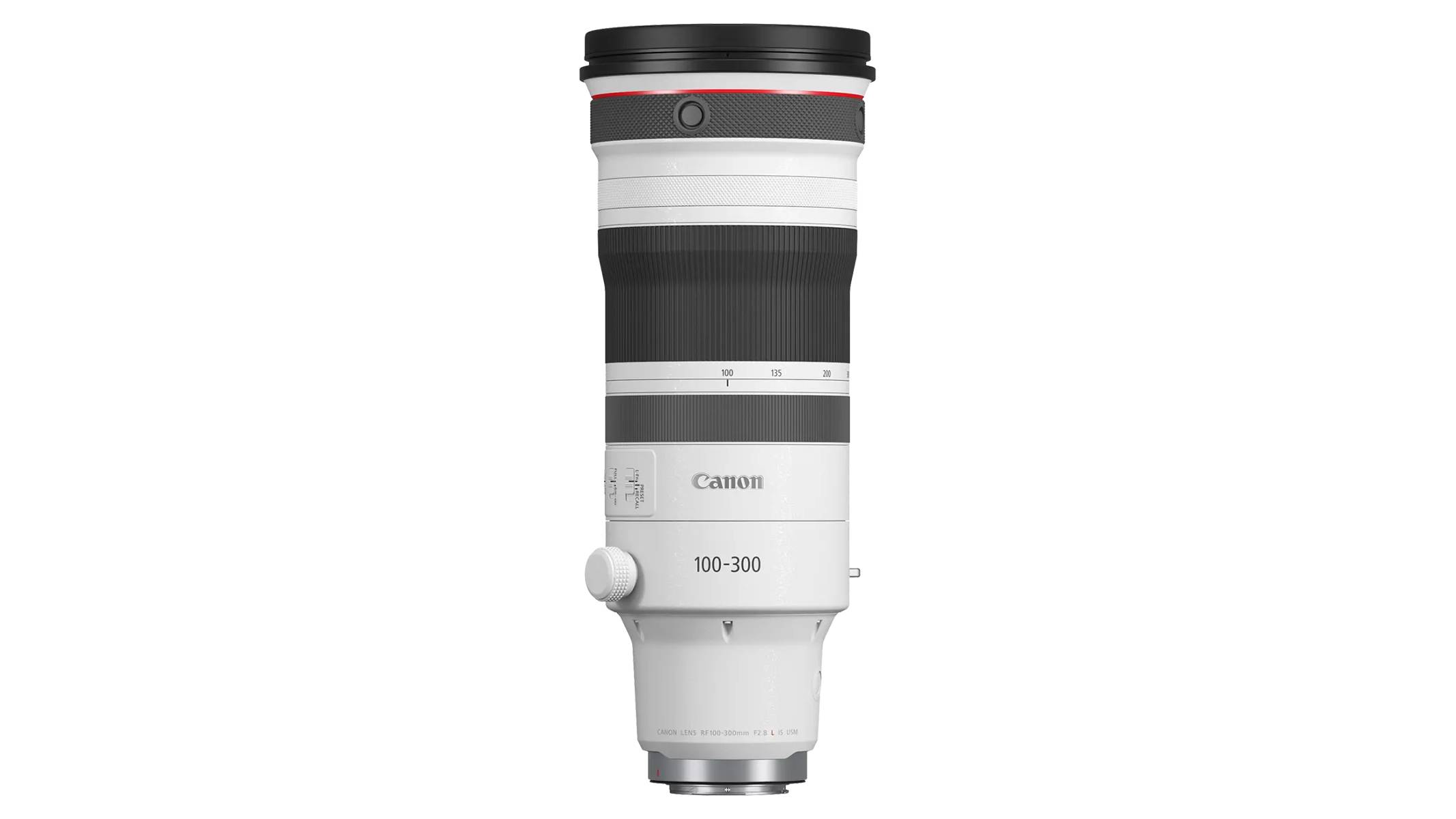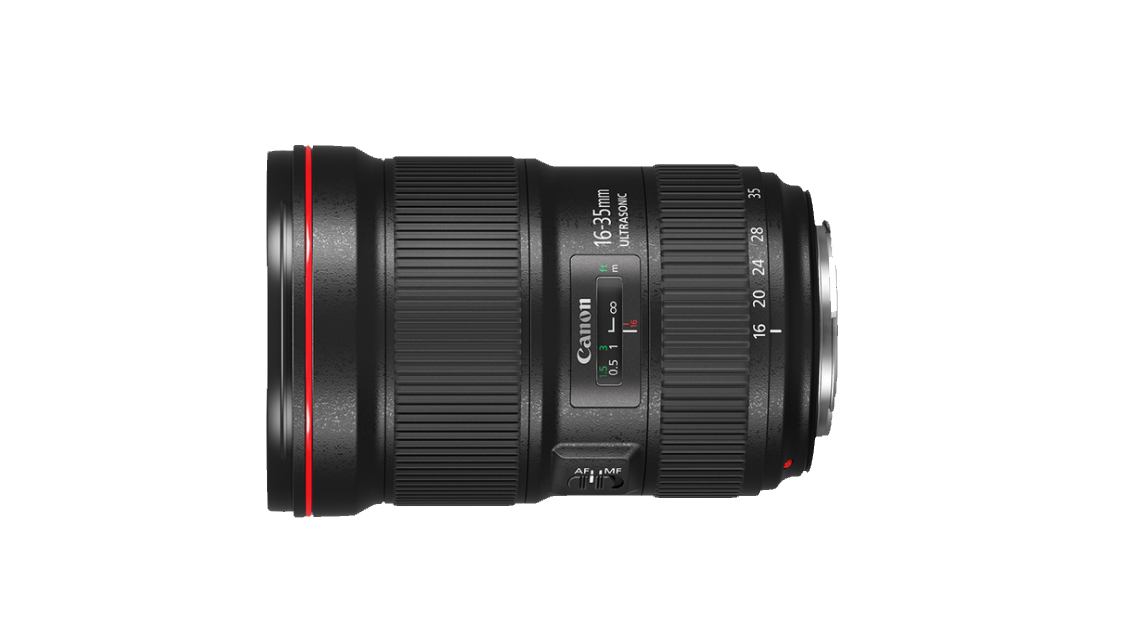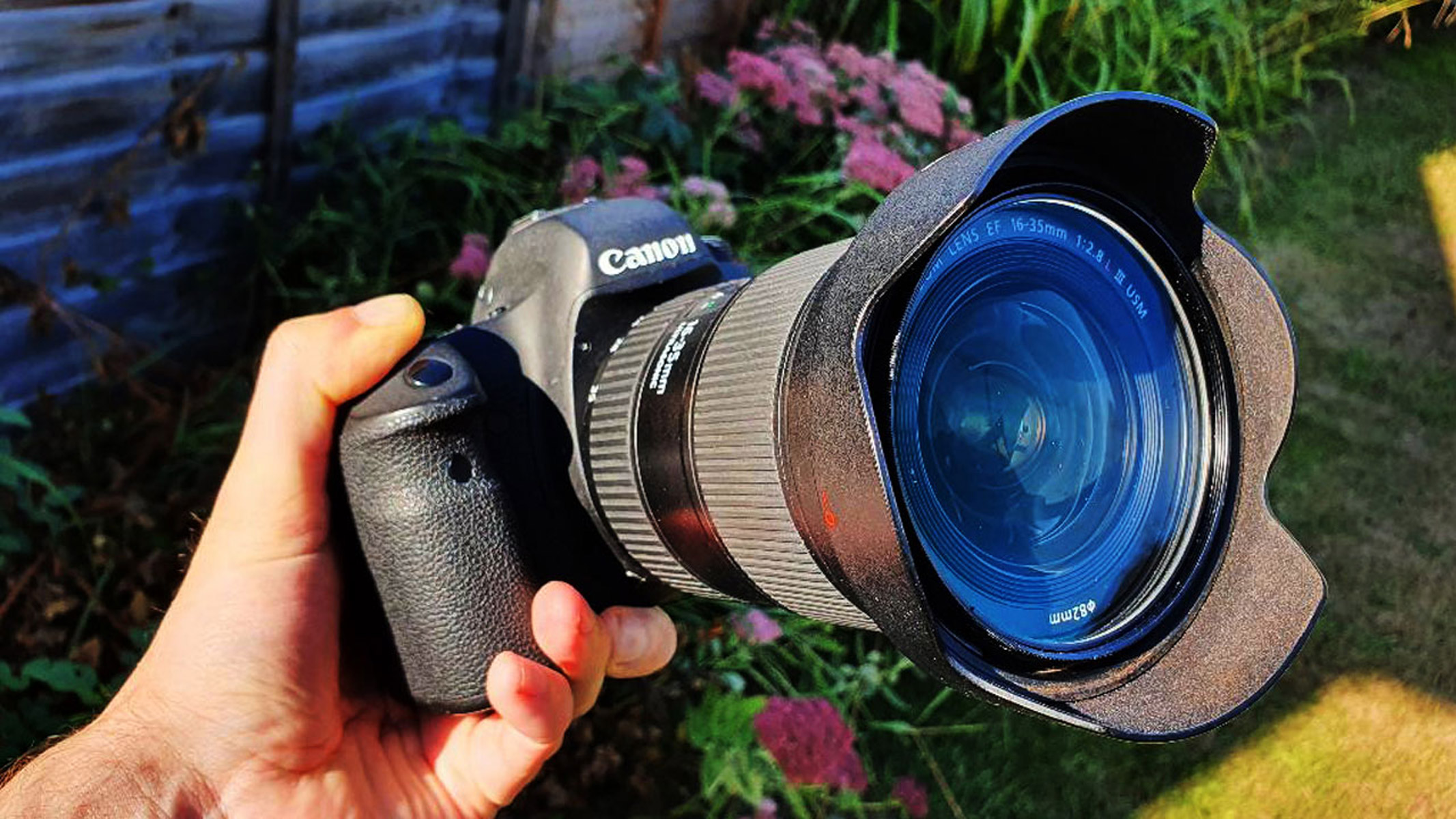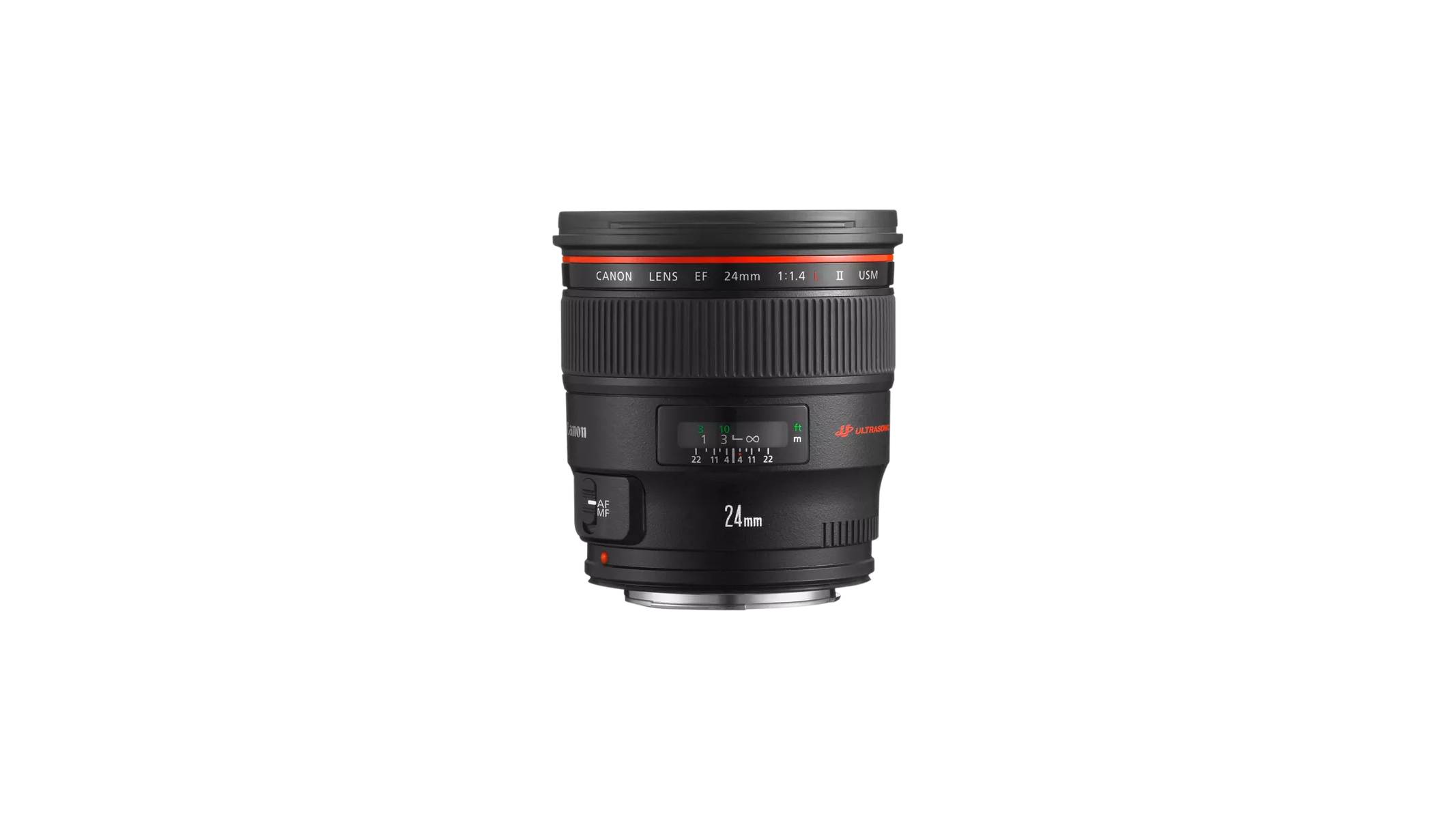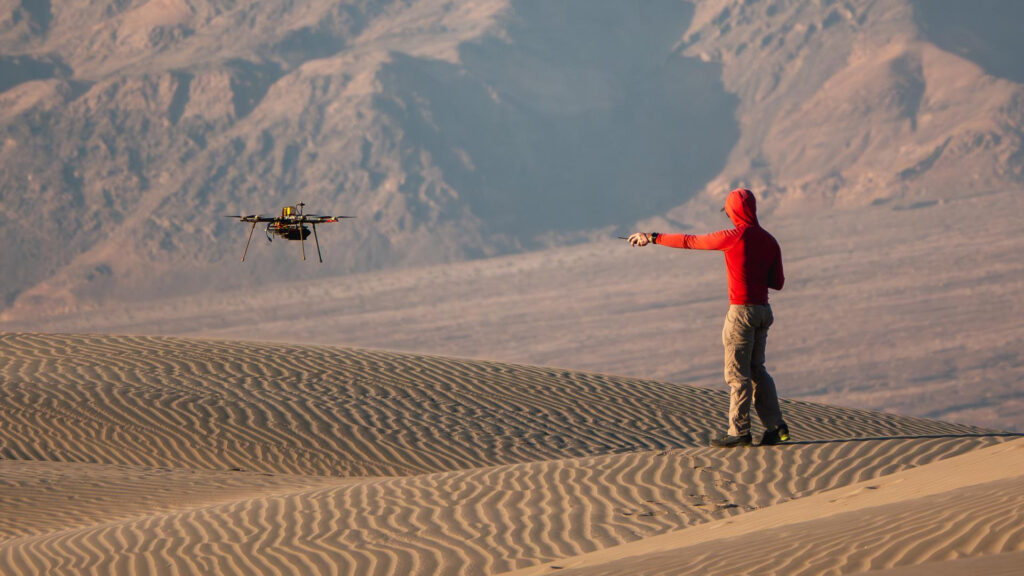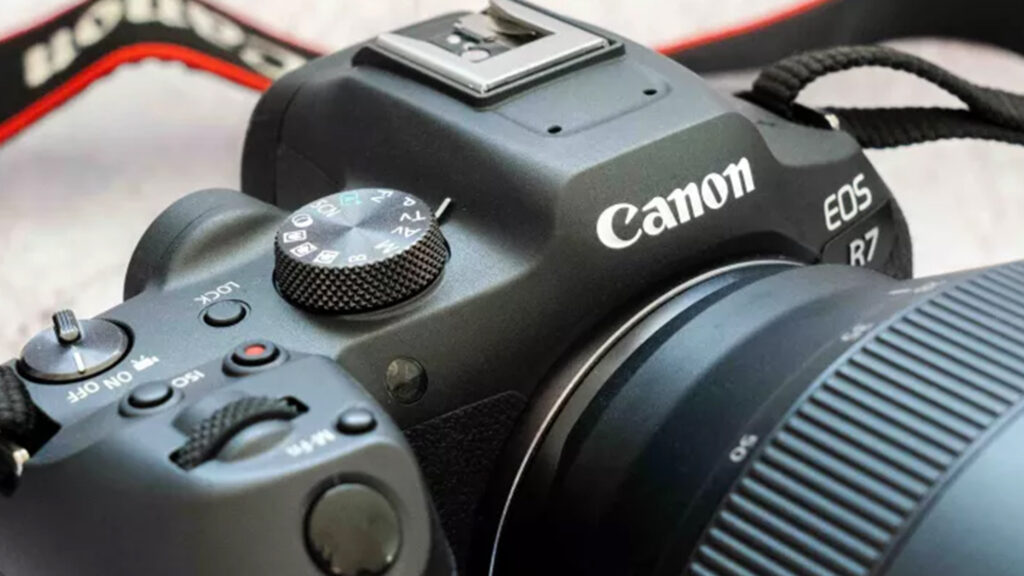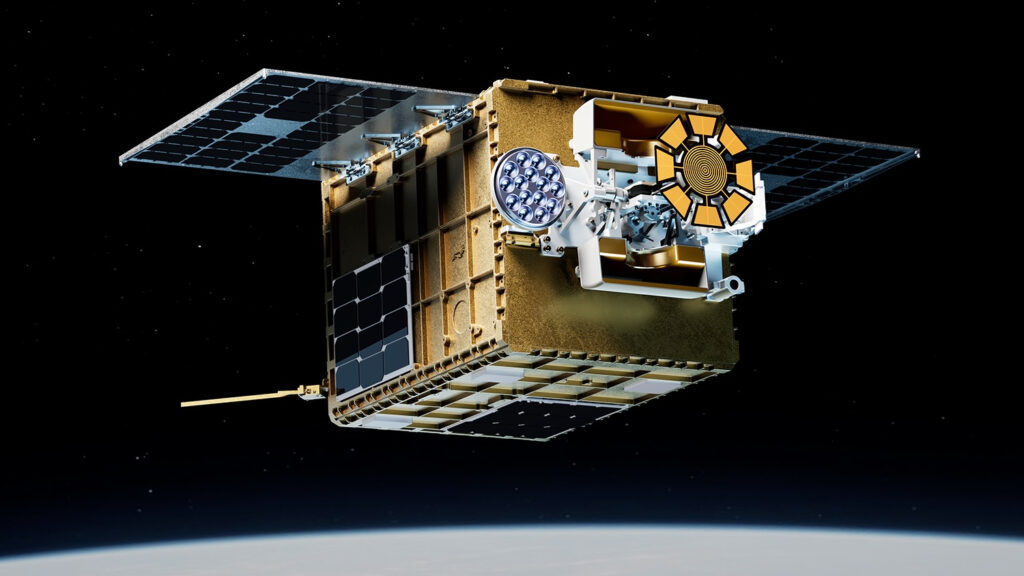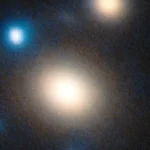Canon’s RF lenses are designed for use with Canon’s EOS R range of mirrorless cameras, while EF lenses are designed for Canon DSLR cameras. Canon hasn’t abandoned DSLRs, but many manufacturers are leaning towards mirrorless due to their superior quality and imaging technology. RF lenses are typically more powerful, more lightweight and faster. For a more thorough look at Canon’s camera range, we have a guide to the best Canon cameras.
Now Reading: Best Canon lenses in 2025: Get the best lens for your Canon camera this Amazon Prime Day
-
01
Best Canon lenses in 2025: Get the best lens for your Canon camera this Amazon Prime Day
Best Canon lenses in 2025: Get the best lens for your Canon camera this Amazon Prime Day
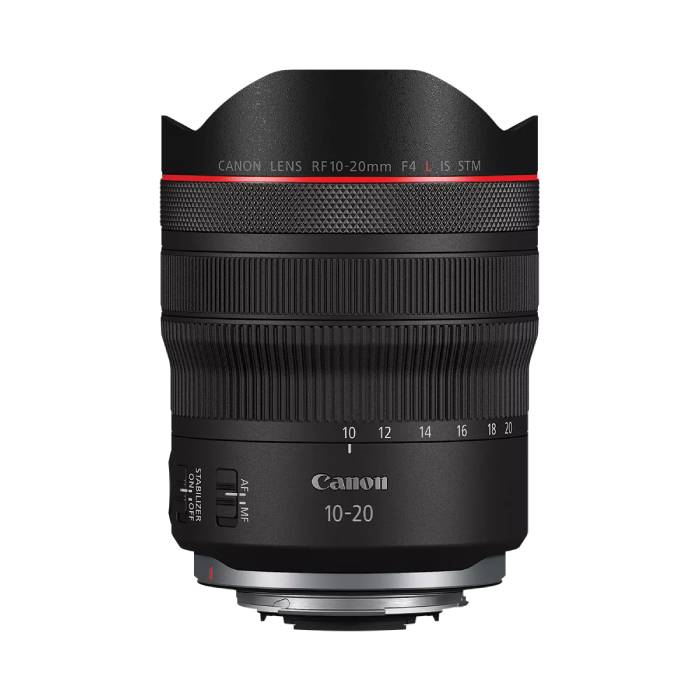
Looking to upgrade your Canon camera? Changing the lens can give it a new lease of life, but with so many lenses on offer, where do you start? With help from our expert reviewers, we have rounded up the best Canon lenses. It is important to note that Ef lenses are for Canon’s DSLR range and RF lenses are for use with Canon’s EOS R range of mirrorless cameras. Our guide to the best Canon cameras can give you a more detailed look at the range of Canon cameras that are available.
Now is one of the best times to purchase new photography gear with Amazon Prime Day coming next week on July 8. We expect many of these models to fall in price, so make sure to keep your eyes peeled!
You don’t have to have a Canon camera either, you can buy lens adapters that will let you use Canon’s lenses on the best cameras. If you are after a non-Canon lens, we have a guide to the best lenses for photo and video. Our guide to the best cameras for astrophotography is the best place to look if you are in the market for a new body.
There is a huge range of Canon lenses to choose from that are suitable for all kinds of photography, including astro. We have selected lenses that suit a range of purposes and pockets, from wide-angle lenses to ultra-powerful telephoto lenses. So, whether you are a pro or an enthusiastic amateur, you will find the right Canon lens for your Canon camera.
The quick list
Below you’ll find out our picks of the best Canon lenses for astrophotography, with explanation of what or who they’re best suited to. Click ‘Read more below’ for more in-depth specs and reviews for each lens.
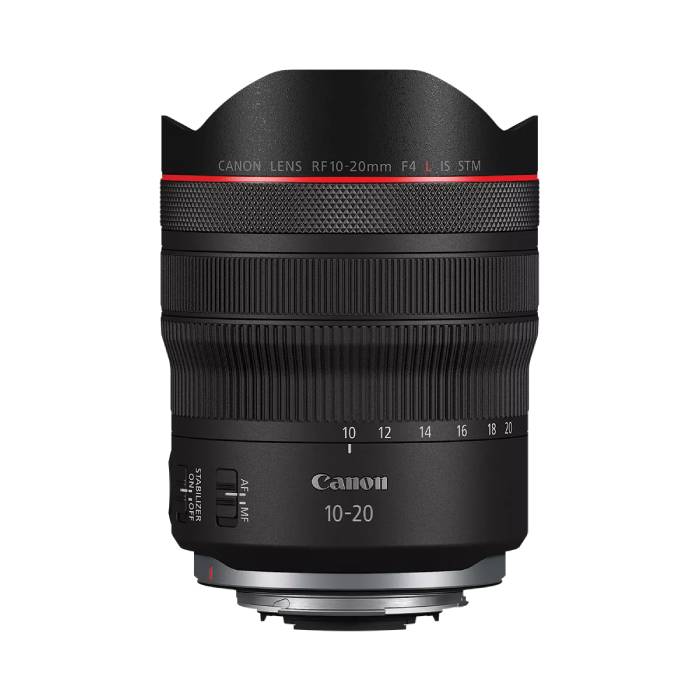
Canon RF 10-20mm f/4 L IS STM
Best ultra wide-angle lens
Looking to capture swathes of landscape or night sky? You won’t be disappointed with this, Canon’s widest-angle lens.

Canon RF 85mm f/1.2 L USM
Biggest aperture lens
With a massive aperture, this lens excels in low light conditions, though it’s not as wide-angle as some.
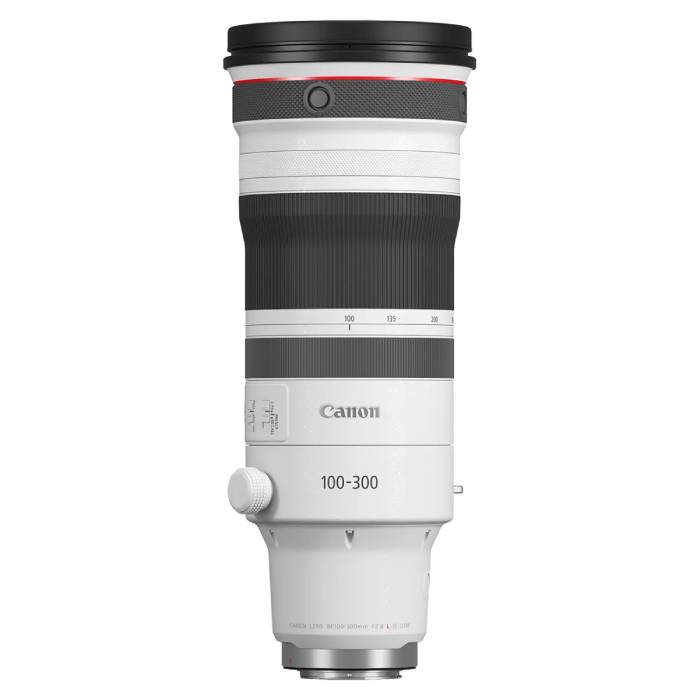
Canon RF 100-300mm f/2.8 L IS USM
Best telephoto lens
It may not be cheap but this telephoto lens offers stunning results, as if you’ve walked right up to your subject.

Canon EF 16-35mm f/2.8L III USM
Best EF wide-angle lens
Want to shoot wide-field photos of the night sky? This superb lens offers quality, wide-field images in low-light conditions.
Load the next product↴
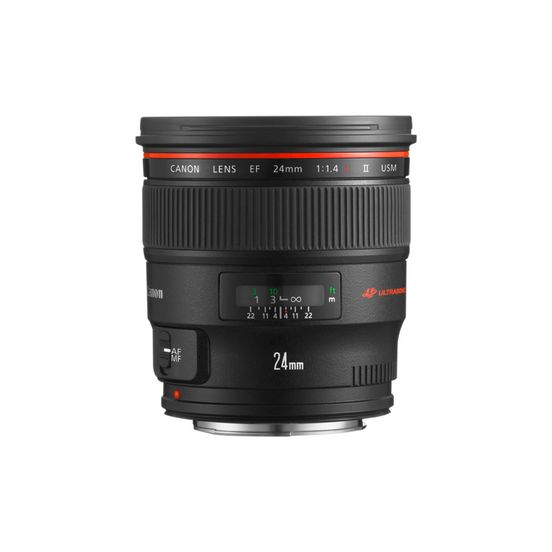
Canon EF 24mm f/1.4 L II USM
Best EF lens for astrophotography
Make the most of the night sky with this lens’s large light-drinking aperture, and it’s weather-sealed so you can capture the cosmos in all conditions.
Best Canon lenses we recommend in 2025
Why you can trust Space.com
Our expert reviewers spend hours testing and comparing products and services so you can choose the best for you. Find out more about how we test and review products.
Best ultra wide-angle lens
Buy it if:
✅ You want amazing ultra-wide shots: This is Canon’s best wide-angle lens, great especially for landscapes.
✅ You want great image stabilization: This camera’s IS means less judder when you’re using it handheld.
Don’t buy it if:
❌ You want it for astrophotography only: This camera’s f/4 aperture lets less light in than some.
❌ You’re on a budget: Its ultra-wide angle performance comes with a price tag.
The bottom line
🔎 As Canon’s widest-angle lens, the Canon RF 10-20mm f/4 L IS STM excels at capturing more of the world. ★★★★
The Canon RF 10-20mm f/4 L IS STM is Canon’s widest sngle lense and, with up to an astonishing 130˚ field of view, it absolutely shows.
It’s weather-sealed, as with the rest of Canon’s L range, and is ideally suited to capturing landscapes, architecture, the night sky and more. That said, while it will capture a wide swathe of the cosmos, its f/4 aperture isn’t as light-gathering as some of the other models on our list.
Despite this, it’s surprisingly lightweight, light enough to be held in your hand, making its 5 stops of stabilization a real boon.
User reviews:
Users are seriously impressed with this lens, in particular its use for landscape photography. They compare it to a fisheye, though with less distortion.
|
Attributes |
Notes |
|---|---|
|
Design |
Sturdy build, water-sealed |
|
Performance |
Amazing wide-angle images |
|
Functionality |
Built in image stabilization |
Best RF wide-angle lens
Buy it if:
✅ You’re want an excellent wide-angle lens: This lens offers excellent quality and image stabilisation.
✅ You want a lightweight lens: At under 500g, it won’t add much bulk to your kit.
Don’t buy it if:
❌ You’ll be using it in damp conditions: This lens is not weather-sealed.
❌ You want a high zoom: At 16-28mm, this lens’s zoom is slightly underwhelming.
The bottom line
🔎 If you’re not desperate for a high zoom, the Canon RF 16-28mm F2.8 IS STM is an excellent wide-angle RF lens, suitable for astrophotography, nature-watching and a range of other purposes. ★★★★
This Canon RF 16-28mm f/2.8 IS STM lens is pleasingly lightweight, coming in at under 500g. It’s dust and moisture resistant, though not specifically weather sealed. It doesn’t come with a lens hood, likely a cost-cutting measure, but you can purchase one separately.
You can count on the Canon RF 16-28mm f/2.8 IS STM to deliver excellent quality images. It boasts 5.5-stops of optical image stabilisation to eliminate judder, and its f/2.8 fixed aperture is a boon for low-light shooting, astrophotography included.
User reviews:
Users of this lens report being happy with its image quality, praising its image stabilization in particular. They also mention its whisper quiet autofocus is excellent for video and it compares to other cameras at higher price-points.
|
Attributes |
Notes |
|---|---|
|
Design |
Solid, not weather sealed |
|
Performance |
Fast and quiet autofocus |
|
Functionality |
Constant f/2.8 aperture |
Best RF lens for astrophotography
Buy it if:
✅ You’re buying for astrophotography: You’ll get clear, sharp images in low-light conditions.
✅ You want pro-features: One of Canon’s hybrid lenses, it features some pro-features like an iris ring.
Don’t buy it if:
❌ You’re using this with a non-IBIS camera: This lens relies on the camera’s own image stabilization.
❌ You want a zoom lens: As a prime lens, it doesn’t have zoom functionality.
The bottom line
🔎 The Canon RF 20mm f/1.4 L VCM’s aperture makes it excellent for astrophotography and it’s impressively flexible all-round. ★★★★
The Canon RF 20mm f/1.4 L VCM is part of Canon’s hybrid range, designed to offer pro-level features without a top-tier price. As well as its wide aperture it features a manual iris ring as well as a control ring, all astrophotography-friendly features. It’s equally capable as still or video camera.
It doesn’t have built-in image stabilization, meaning you’ll need to couple it with a camera which does have IS. However, you’ll get some impressively sharp images out of this camera whether you’re shooting as is or pairing it with one of the best telescopes for astrophotography.
User reviews:
Users of the Canon RF 20mm f/1.4 L VCM report being impressed by its build quality, and by the camera in general. However, some have reported edge distortion when shooting to raw.
|
Attributes |
Notes |
|---|---|
|
Design |
Lightweight, hybrid lens |
|
Performance |
Excellent image quality |
|
Functionality |
Manual aperture ring |
Biggest aperture lens
Buy it if:
✅ You want to shoot in low light: This camera’s huge aperture drinks in every drop of light.
✅ You want a pro-level lens: It’s not cheap but this camera delivers fantastic image quality.
Don’t buy it if:
❌ You want a lightweight lens: This lens has real heft and can dwarf a compact DSLR.
The bottom line
🔎 The Canon RF 85mm f/1.2 L USM’s wide aperture makes it excellent for astro work and, lack of a zoom aside, it offers excellent quality in other areas. ★★★★
At a massive f/1.2, this camera’s massive aperture drinks in light, making it an excellent option for close-up astrophotography such as photographing planets. However, it’s not a wide-angle lens so it’s less suitable for capturing the whole cosmos.
Its quality is superb, offering super sharp images, with the kind of quality optics you’d expect from Canon. Even five years after its release, this remains one of Canon’s most impressive lenses. Its manual focus ring and digital control ring give you the power to fine-tune your shots.
The trade off, apart from it not being cheap, is that it’s a huge lens, weight around 3lbs / 1360g. Be prepared for this to add a lot of heft to your camera, particularly if you’ve got a compatible but compact DSLR.
User reviews:
With its 85mm range, it may not be seen as a complete all-rounder, but users report it offering excellent quality for landscapes, portraits and more. A few have stated autofocus makes an audible noise, which could be an issue if recording video.
|
Attributes |
Notes |
|---|---|
|
Design |
Heavy, weather-sealed |
|
Performance |
Excellent image quality, superb for low-light |
|
Functionality |
Adjustable control ring, no image stabilization |
Best telephoto lens
Buy it if:
✅ You’re a pro-photographer: This super-expensive lens offers an amazing zoom range but it’s not cheap.
✅ You have a sturdy high-quality tripod: At nearly 6lbs, you won’t be holding this in your hands.
Don’t buy it if:
❌ You’re on a budget: This lens’s five-figure price puts it out of the range of amateurs.
❌ You have a bank of filters: This lens doesn’t support drop-in filters.
The bottom line
🔎 The Canon RF 100-300mm f/2.8 L IS USM is the ultimate pro-level telephoto lens suitable for astrophotography, long-distance photography and more, but it comes with a price tag to match. ★★★★½
At nearly six pounds, the Canon RF 100-300mm f/2.8 L IS USM requires a sturdy tripod, but the results it’ll deliver make it worth the effort. It offers stunning image quality at all zoom levels; it may have a hefty price tag but you’re getting what you pay for.
This lens’s excellent low-light performance means it’s outstanding for astrophotography and night-time wildlife shoots. Its manual zoom, focus and control rings give offer you price control over your shoot.
It doesn’t support drop-in filters, only screw on-filters, which may be a disappointment to some. But if you’re looking for the ultimate Canon telephoto lens, this is it.
User reviews:
Users of this lens praise it as one of the best telephoto lenses they’ve used. They’re stunned by with its image quality, mentioning that there’s next to no distortion.
|
Attributes |
Notes |
|---|---|
|
Design |
Excellent build quality, water sealed |
|
Performance |
Stunning images regardless of zoom |
|
Functionality |
Flexible zoom, image stabilization |
Best EF wide-angle lens
Buy it if:
✅ You want wide-angle astrophotography: This lens is superb for capturing wide swathes of the night sky.
✅ You want high-quality pictures: Even in low-light conditions, this lens offers superb image quality.
Don’t buy it if:
❌ You’re on a budget: This lens is powerful but it’s far from cheap.
❌ You want a large maximum aperture: While this will take good night sky shots you can get larger than f/2.8.
The bottom line
🔎 The Canon EF 16-35mm f/2.8 L III USM is aimed at more experienced photographers and, while not cheap, it delivers amazing wide-field images, whether that’s astronomical or terrestrial. ★★★★★
In our review of the Canon EF 16-35mm f/2.8 L III USM we said “It delivers superb results worthy of its price tag”, and that still stands. This isn’t a cheap lense, but it delivers superb image quality, with fast and accurate autofocus.
It has the flexibility to capture impressive wide-field images of virtually any subject, low-light shoots included. It lacks image stabilization, but its color correction is hard to beat and we rank it as one of the best cameras for astrophotography. Its superb build quality is the icing on the cake.
User reviews:
Users of the Canon EF 16-35mm f/2.8 L III USM are similarly positive about this lens, praising not only its image quality and autofocus but also its versatility. The only real complaints relate to its weight.
|
Attributes |
Notes |
|---|---|
|
Design |
Heavy but excellent build quality. |
|
Performance |
Superb image quality. |
|
Functionality |
Autofocus is fast and accurate, though no image stabilization. |
Best EF lens for astrophotography
Buy it if:
✅ You’re a keen astrophotographer: This lens is excellent for low-light shooting.
✅ You want a waterproof lens: The L series, this lens included, are water sealed
Don’t buy it if:
❌ You’re on a budget: This lens is aimed at top-level enthusiasts and pros, and has a price to match,
The bottom line
🔎 The Canon EF 24mm f/1.4 L II USM is a superb lens for astrophotography and offers pro performance in other areas. ★★★★
If you’re after a lens that excels at astrophotography and has the quality and performance for general use, the Canon EF 24mm f/1.4 L II USM is for you. Its massive aperture drinks in light, and its has an impressively wide field of view. It doesn’t have image stabilization, so you’ll need a camera that does have IS. However, astrophotographers will likely be using a tripod anyway.
Its 24mm focal range means it’s not ideal for close up portraits but it’s excellent for shots where you want to show a subject in context. And while no-one wants to get rained off, the lens is weather-sealed to prevent water damage.
User reviews:
Users are mostly positive about this lens, praising its ability to capture stunning images of the cosmos. Some but not all have mentioned vignetting at full aperture, though going down a couple of stops vastly reduces it.
|
Attributes |
Notes |
|---|---|
|
Design |
Sturdy design, water-sealed |
|
Performance |
Superb low-light performance |
|
Functionality |
Manual override via focus ring, no image stabilization |
Best Canon lenses: Comparison
|
Product |
Mount type |
Focal range |
Aperture range |
Autofocus |
Thread size |
Weight |
|---|---|---|---|---|---|---|
|
Canon RF 16-28mm F2.8 IS STM |
Canon RF |
16-28mm |
f/2.8 fixed |
Yes |
67mm |
1.0lbs / 445g |
|
Canon RF 20mm f/1.4 L VCM |
Canon RF |
20mm |
f/1.4 to f/16 |
Yes |
67mm |
519g (1.3 lb) |
|
Canon EF 16-35mm f/2.8L III USM |
Canon EF |
16-35mm |
f/2.8 fixed |
Yes |
82mm |
790g |
|
Canon EF 24mm f/1.4L II USM |
Canon EF |
24mm |
f/1.4L fixed |
Yes |
82mm |
650g |
|
Canon RF 85mm f/1.2 L USM |
Canon RF |
85mm |
f/1.2 – f/16 |
Yes |
82mm |
1360g |
|
Canon RF 100-300mm f/2.8 L IS USM |
Canon RF |
100-300mm |
f/2.8 fixed |
Yes |
112mm |
5.84lbs / 2,650g |
|
Canon RF 10-20mm f/4 L IS STM |
Canon RF |
10-20mm |
f/4 fixed |
Yes |
N/A |
1.65lbs / 750g |
Best Canon lenses: Frequently Asked Questions
What’s the difference between EF and RF lenses?
How many stops of image stabilization does the Canon RF 16-28mm f/2.8 IS STM have?
The Canon RF 16-28mm f/2.8 IS STM lens has an image stabilization value of 5.5 stops but when combined with a Canon EOS R camera like the Canon EOS R5 II, the total level of image stabilization reaches eight stops. This is because the in-body image stabilization (IBIS) from the camera combines with the lens’s image stabilization ability.
Not all lenses have image stabilization but a lot of newer Canon cameras have strong IBIS, which can reduce the need for independent image stabilization on the lens.
If you primarily shoot telephoto or handheld in low-light conditions, then an image-stabilized lens would be a huge benefit. Large values of image stabilization allow the camera to use longer shutter speeds and lower ISOs to let in more light and create better exposure. It works through a system of gyro sensors that detect movement, which then signal motors to shift floating lens elements and bend the light to counteract hand movement.
Can you use an EF lens on an EOS R camera body?
Yes, you can use an EF lens on an EOS R camera body if you have a lens adapter like this K&F Concept EF to EOS R adapter. While we would recommend getting RF lenses to use with your EOS R camera for the best performance, using an EF lens with an adapter can be a great way to save money when buying a new lens so it is worth considering.
You cannot use an RF lens on a Canon DSLR because there are currently no adapters that make this possible.
Can you use a Canon EF lens on a non-Canon camera?
We highly recommend using a Canon lens with a Canon camera for optimum performance but if you are set on a certain Canon lens and have a different brand camera body, there are ways to make it work.
We would recommend an adapter like this Viltrox EF-Z Lens adapter that makes EF lenses compatible with Nikon Z-mount cameras. Other models are compatible with different brand mirrorless systems so you will need to check that you can get a compatible filter for your camera first before committing to a Canon lens.
Related articles
Stay Informed With the Latest & Most Important News
Previous Post
Next Post
-
 01Two Black Holes Observed Circling Each Other for the First Time
01Two Black Holes Observed Circling Each Other for the First Time -
 02From Polymerization-Enabled Folding and Assembly to Chemical Evolution: Key Processes for Emergence of Functional Polymers in the Origin of Life
02From Polymerization-Enabled Folding and Assembly to Chemical Evolution: Key Processes for Emergence of Functional Polymers in the Origin of Life -
 03Astronomy 101: From the Sun and Moon to Wormholes and Warp Drive, Key Theories, Discoveries, and Facts about the Universe (The Adams 101 Series)
03Astronomy 101: From the Sun and Moon to Wormholes and Warp Drive, Key Theories, Discoveries, and Facts about the Universe (The Adams 101 Series) -
 04True Anomaly hires former York Space executive as chief operating officer
04True Anomaly hires former York Space executive as chief operating officer -
 05Φsat-2 begins science phase for AI Earth images
05Φsat-2 begins science phase for AI Earth images -
 06Hurricane forecasters are losing 3 key satellites ahead of peak storm season − a meteorologist explains why it matters
06Hurricane forecasters are losing 3 key satellites ahead of peak storm season − a meteorologist explains why it matters -
 07Binary star systems are complex astronomical objects − a new AI approach could pin down their properties quickly
07Binary star systems are complex astronomical objects − a new AI approach could pin down their properties quickly


